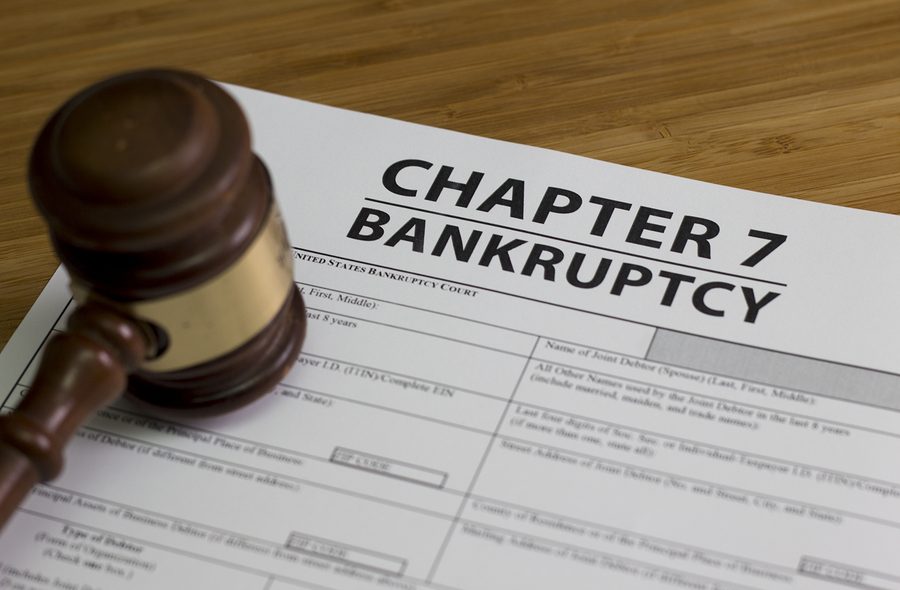For someone struggling financially, a Chapter 7 bankruptcy case can offer him or her a fresh start and freedom from insurmountable debt. The year 2020 has pushed many consumers to the brink financially, and bankruptcy can offer the help a person needs to start the New Year debt-free.
Pros of Filing Chapter 7
As soon as a Chapter 7 bankruptcy case is filed, the consumer receives immediate protection from his or her creditors. This protection comes from the automatic stay that is issued by the court upon filing. The automatic stay puts a pause on all collection actions, including collection phone calls, legal proceedings to collect on a debt, wage garnishments, evictions, and foreclosures. The automatic stay also gives consumers a chance to breathe and work with the court and bankruptcy trustee.
A Chapter 7 case essentially liquidates most types of consumer debts, including credit card debt, personal loans, and medical debt. These types of debts fall in the category of unsecured debt and are normally discharged at the end of the case.
Many consumers hold off on filing for bankruptcy for fear of losing everything they own. However, Florida bankruptcy exemptions provide a great deal of protection, meaning most filers will be able to keep their belongings. Florida’s bankruptcy exemptions protect the filer’s home, car, retirement savings, and a set amount of personal property.
Cons of Filing Chapter 7
Alternatively, a Chapter 7 bankruptcy case is not for everyone. Consumers must qualify to proceed with a Chapter 7 case. This determination is done via the means test, which looks at the person’s disposable income. If this figure is too high, the consumer will need to file Chapter 13 bankruptcy.
Another negative aspect associated with any bankruptcy case is the effect the case will have on the filer’s credit score. The filer should anticipate seeing a drop in his or her score. While the person’s score may take a hit, this is only temporary. With good financial habits, it can be rebuilt over time. Additionally, the drop the filer will see in his or her credit score pales in comparison to what happens when the consumer has multiple defaults and collections actions on his or her credit history.
A Chapter 7 bankruptcy case does not necessarily erase all the filer’s debts. Certain debts will still be owed, including tax debts, child support, and alimony. Additionally, if the filer has a large amount of student loan debt, unless he or she has met the ‘undue hardship’ standard, it is unlikely that the person will be able to get this form of debt discharged.
Please click here to read more.
If you have questions on this topic or are in financial crisis and considering filing for bankruptcy, contact an experienced Miami bankruptcy attorney who can advise you of all of your options. As an experienced CPA as well as a proven bankruptcy lawyer, Timothy Kingcade knows how to help clients take full advantage of the bankruptcy laws to protect their assets and get successful results. Since 1996 Kingcade Garcia McMaken has been helping people from all walks of life build a better tomorrow. Our attorneys’ help thousands of people every year take advantage of their rights under bankruptcy protection to restart, rebuild and recover. The day you hire our firm, we will contact your creditors to stop the harassment. You can also find useful consumer information on the Kingcade Garcia McMaken website at www.miamibankruptcy.com.

